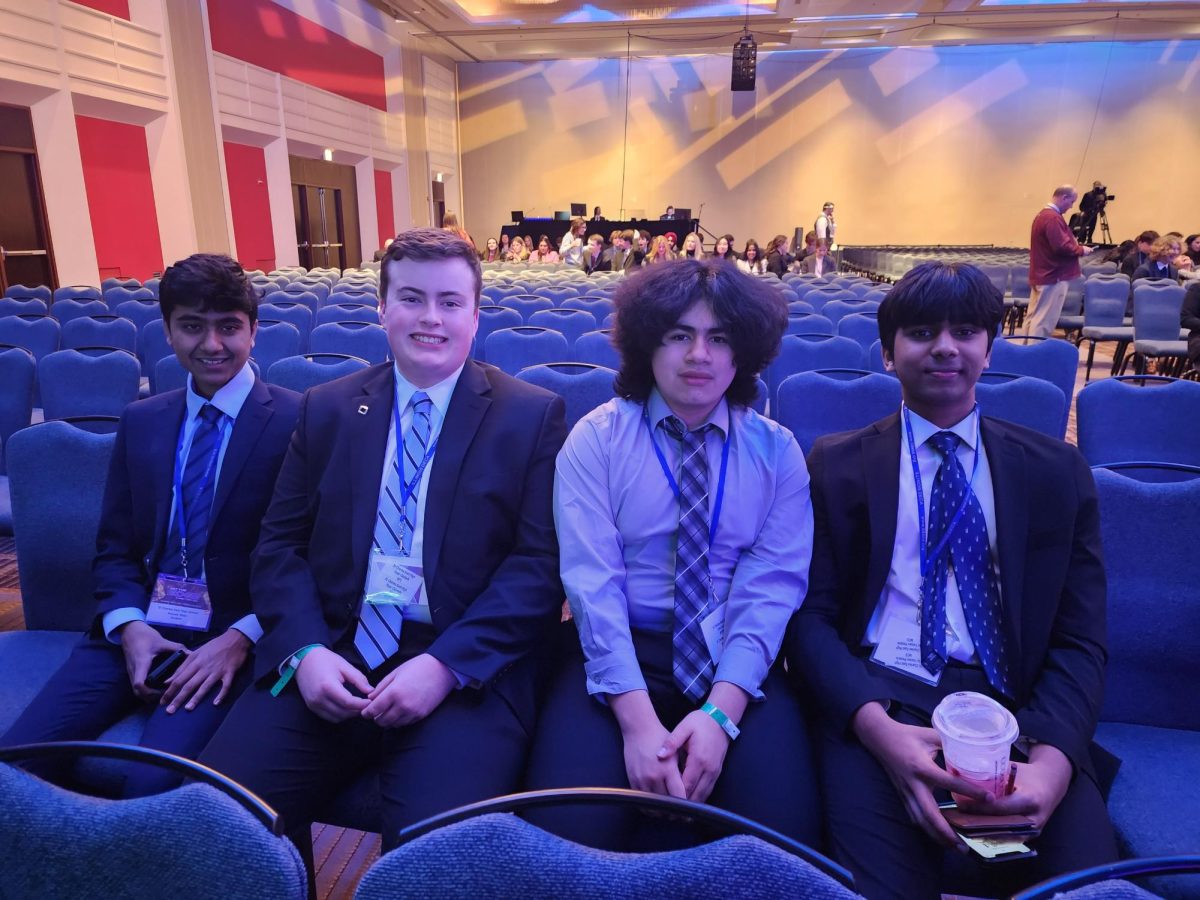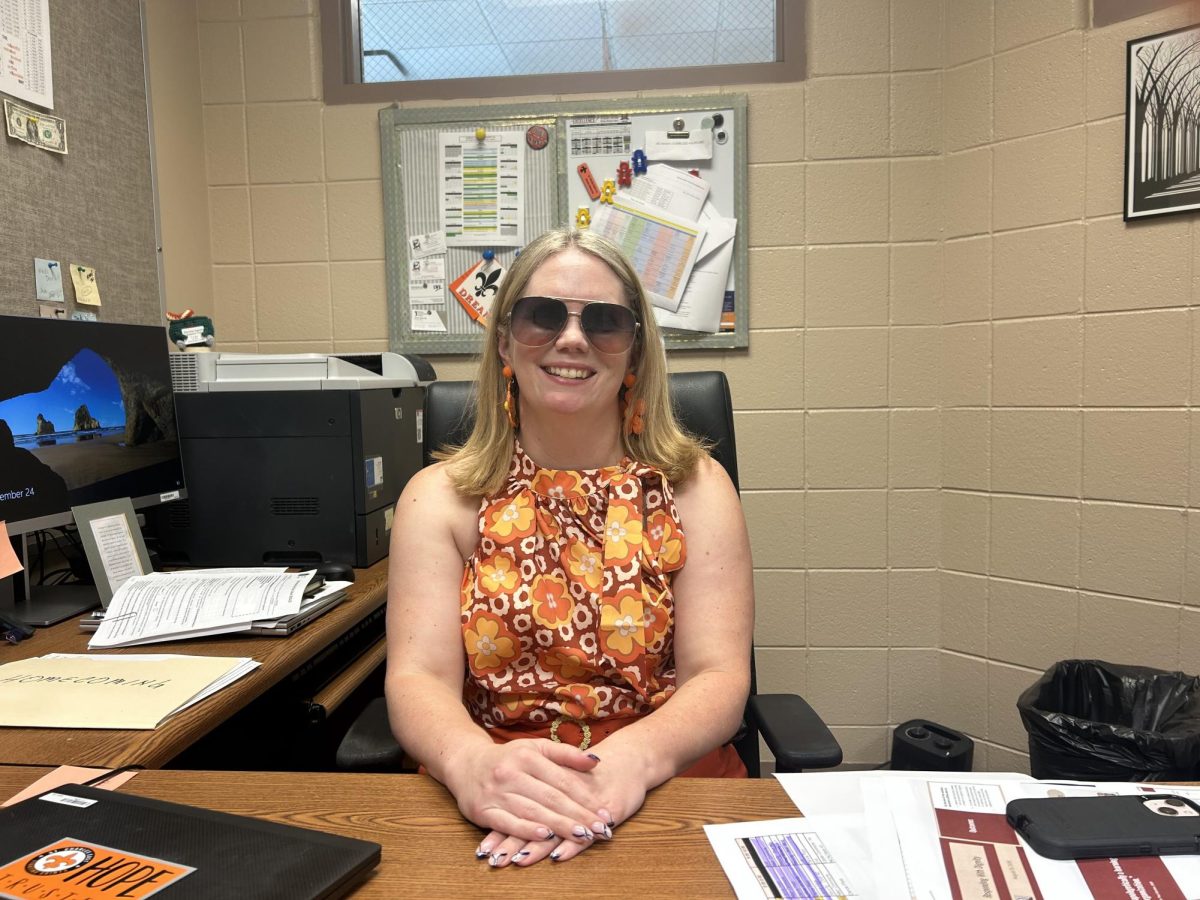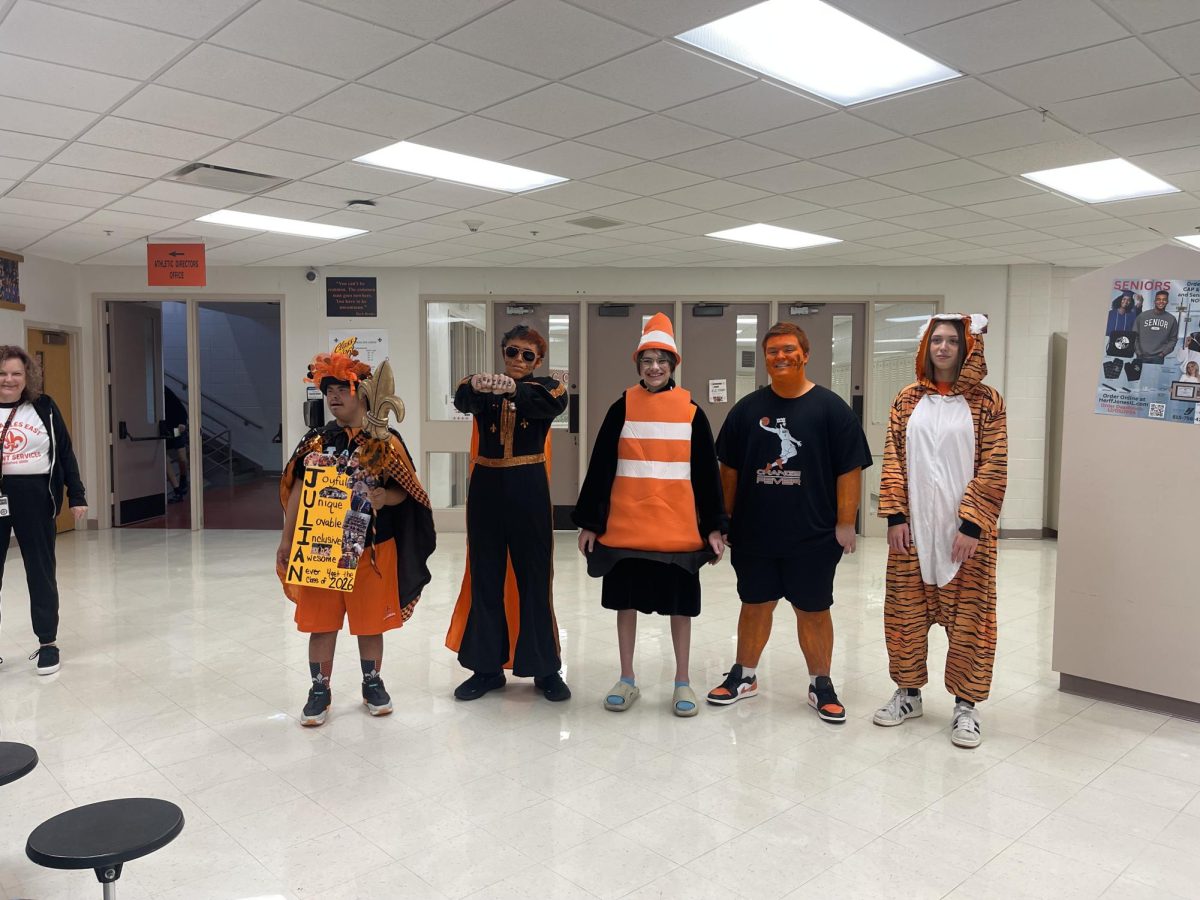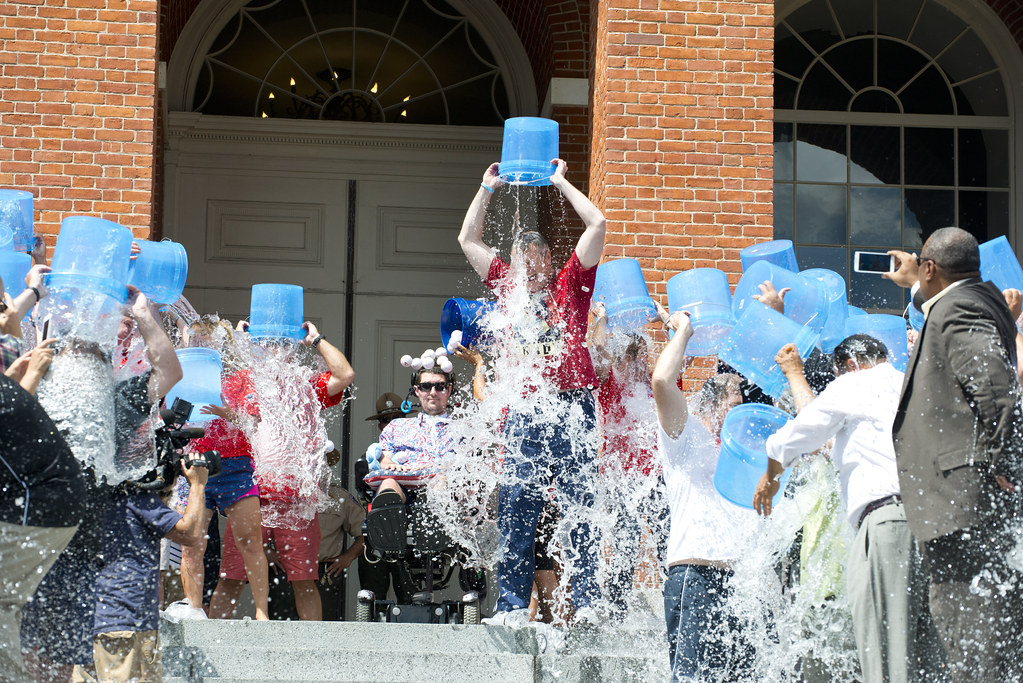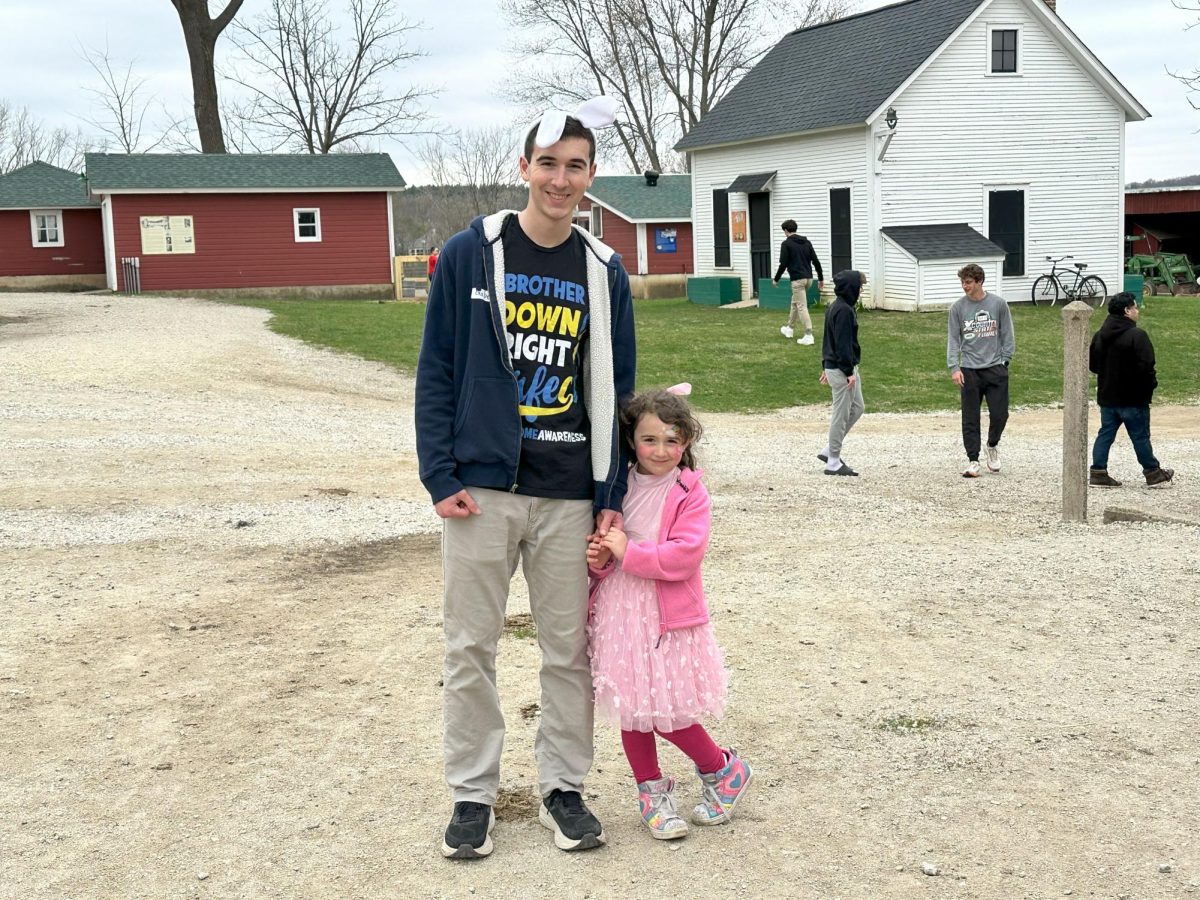If you’ve ever read the “Orange and Black” or tuned into the morning announcements at East, you may have heard mention of the student club DECA. However, unlike Gardening Club or Gamers Club, what it is this club does isn’t exactly identifiable by its name.
Senior and DECA President Ryan Cassady describes DECA as somewhat of a hybrid between a club and an academic team. DECA is a club, said Cassady, but it also contains a component that allows students to compete in local, state and national competitions. The club doesn’t simply target one area of student interest, but is instead “made for students with a wide range of interests from business to community service,” said Cassady.
East’s DECA club functions as a chapter of a larger, international DECA organization, the abbreviation of which stands for “Distributive Education Clubs of America.” One of DECA’s aims is to provide high school students with opportunities to build useful skills in leadership and various career fields—including marketing, finance, hospitality and management, according to the organization’s website.
Members then have the opportunity to showcase their skill sets in judged competitions. DECA lists over 40 competitive events for students to choose from for the 2023-2024 season, representing a variety of career interests from fashion marketing to stock exchange. Some events are individual, while others may be completed as a team.
“DECA competitions have two parts: Roleplays, and written events,” said Cassady. “Roleplays take the form of a situation that you are given, that fits with the event category you have chosen. For example, someone in a marketing event may be given a scenario in which they must create a marketing campaign for an ice cream shop celebrating their 100th anniversary,” he said.
Each student has a designated amount of time to prepare for their scenario, for which they must present their ideas or solutions to a judge. As for written components of events, they are simply multiple choice tests designed to test a student’s area of knowledge in the event they have chosen, said Cassady.
At East, the competitive sequence of the club works like this: once students’ events of focus are determined, preparation in these events leads up to Sectionals in January. From Sectionals, students may qualify for State and then Nationals based on their placements.
Last year, East’s DECA chapter headed to State for the first time post-COVID. Those headed to the three-day event in Rosemont last January included senior officers Ryan Cassady (President), Aayush Shah (Secretary/Treasurer), Uriel Cruz (Director of Outreach) and Sri Vatsav Pedarla (Vice President.)
Although the chapter did not return home with any placements, competitors came home with other takeaways from the State experience. “State was a really cool experience; I got to meet a bunch of new people [from] different schools,” said Vice President Vatsav Pedarla. He added, “When I went to state, I really saw how big the [DECA] community was.”
However, immediately following the pandemic, East’s chapter lacked returning membership. Cassady said, “I along with my officers ‘re-founded’ the club in a way, where after COVID, there were no returning members…It was our task to regrow the club to its pre-COVID heights.”
DECA Co-advisor alongside Robert Livermore, Shannon Stone, described the 2022-2023 school year as a “rebuilding year” for the chapter.
“This year has seen our club double in size and active membership,” said Cassady. With what he described as “rock-solid membership this year,” Cassady has hopes for the club to make it to State again this year, and perhaps, the road to Nationals.


